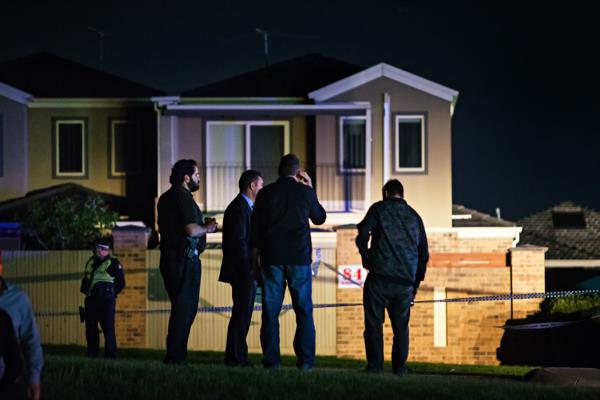
By CAM LUCADOU-WELLS
THE Islamic Council of Victoria has labelled as “counter-intuitive” the introduction of anti-radicalisation kits into schools
It said the kits have already failed in the UK and USA.
Greater Dandenong teacher and ICV spokesman Kuranda Seyit said the Radicalisation Awareness Kit released by the federal government on 21 September was a product of “political expediency”.
A notorious example of the approach’s “failure” was a Texan boy who was recently arrested when he brought a clock-like contraption to school.
“He was mistreated and victimised because he was Muslim, and teachers were trained to report anything suspicious.
“It blew out to a controversy. It’s something you don’t want.”
That sort of victimisation played on young people’s minds, Mr Seyit said.
“If you want to build resilience and inclusion, it’s counter-intuitive to start talking of radicalisation and linking it with Muslim students.”
Mr Seyit preferred the state government’s “balanced” and “comprehensive” approach that promotes student resilience and inclusive schools.
He said the Victorian approach was more likely to help youth at risk of being isolated and drifting into criminality
It includes new subjects for 2016 such as respectful relationships, and world views and ethical understanding.
The method is to challenge stereotypes and behaviour such as prejudice, violence, discrimination and harassment, and teach students social skills to cultivate respectful relationships.
It has been 12 months since Lyndale Secondary College graduate Numan Haider was fatally shot after stabbing police officers in Endeavour Hills.
Other former Lyndale students were charged over a foiled terrorist plot targeting Dandenong’s Anzac Day service this year.
Department of Education spokesman Bryan Allchin said there would be a focus on prevention – “universal support” for all students plus early intervention for those that are “vulnerable”.
However he noted: “Radicalisation is not taking place in the classroom – it’s happening when vulnerable young people are targeted online or outside of the school environment.”
As part of its strategy, schools will be urged to engage with community leaders, police and organisations that can support at-risk young people.
The new curriculum will also be supported by programs such as School-wide Positive Behaviour Support (SWPBS), the Building Resilience Framework, and the existing Bully Stoppers.
The SWPBS program is a research-based method aimed at creating a positive school climate and open responsive management from school leaders, staff, students and parents.
The resilience-building program will include social-emotional learning teaching material for students to explicitly learn problem solving, coping and help-seeking skills.
Last month, the state government announced an $8.6 million, two-year Navigator service pilot that aimed to reconnect 12 to 17-year-olds who were disengaged from schools.






